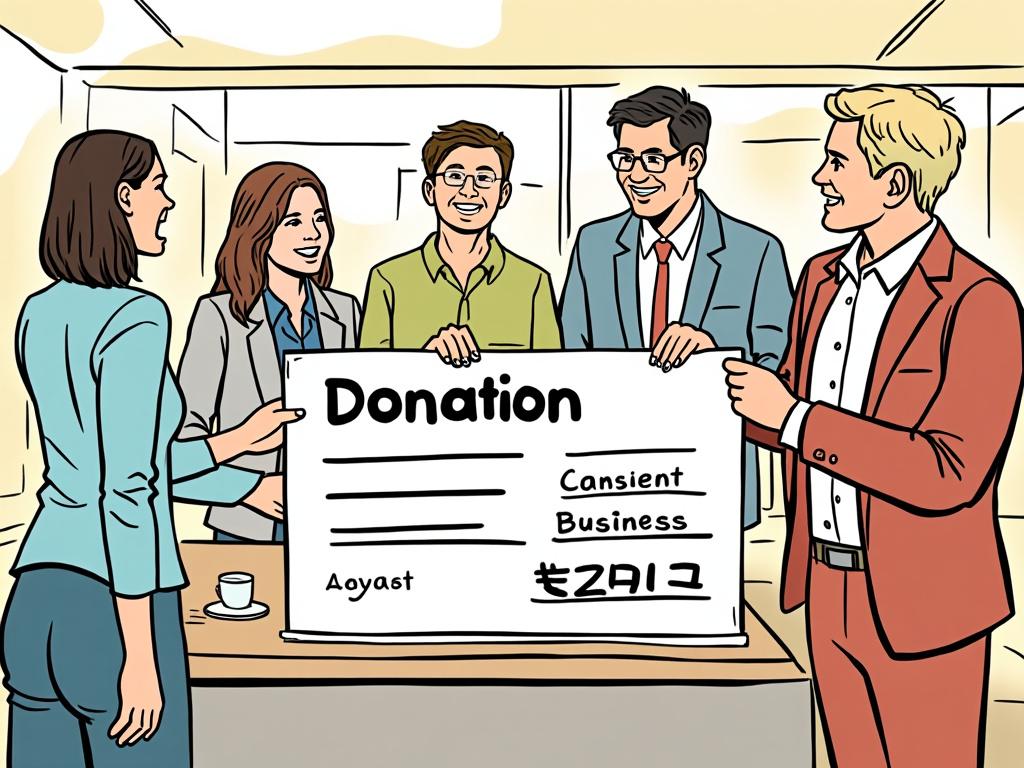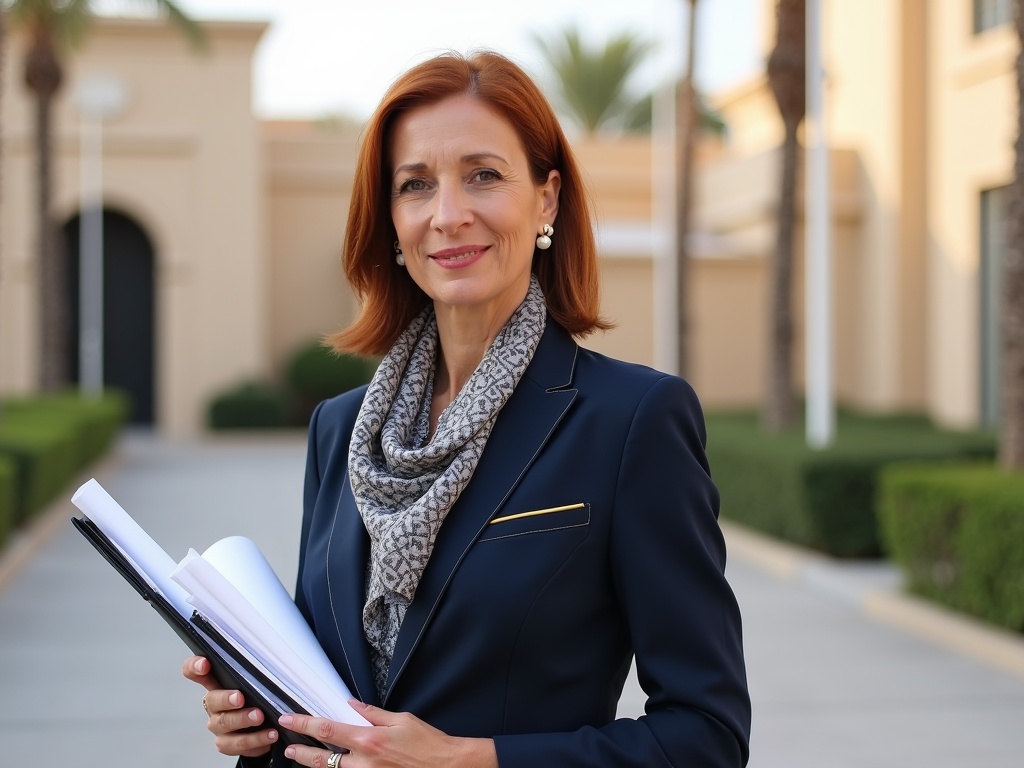
Organ Donation in the UAE: Transforming Lives Through the Hayat Program
Reading time: 12 minutes
Ever wondered how a single decision could save up to eight lives? In the UAE, the Hayat Program is revolutionizing organ donation, turning what was once a complex medical procedure into a streamlined, culturally-sensitive lifeline for thousands. Let’s explore how this groundbreaking initiative is reshaping healthcare across the Emirates.
Table of Contents
- Understanding the Hayat Program
- The Donation Process Simplified
- Real Impact: Success Stories and Statistics
- Overcoming Cultural and Logistical Challenges
- Your Step-by-Step Registration Guide
- Roadmap to Saving More Lives
- Frequently Asked Questions
Understanding the Hayat Program: More Than Just Medical Procedure
The word “Hayat” means “life” in Arabic—and that’s exactly what this program delivers. Launched in 2017 by the Ministry of Health and Prevention, the Hayat Program represents the UAE’s comprehensive approach to organ donation and transplantation.
Key Program Insights:
- Holistic Framework: Combines medical excellence with cultural sensitivity
- National Coordination: Seamlessly connects all Emirates under one system
- Community Integration: Bridges religious guidance with modern medicine
- Quality Assurance: Maintains international standards while respecting local values
Well, here’s the straight talk: Successful organ donation isn’t about overcoming cultural barriers—it’s about building bridges between tradition and life-saving innovation.
The Numbers That Matter
UAE Organ Donation Statistics Comparison
The Donation Process Simplified: From Registration to Life-Saving
Quick Scenario: Imagine you’re ready to become an organ donor. What steps await you, and how does the system ensure everything runs smoothly? Let’s dive deep and turn potential confusion into clear, actionable steps.
The Three-Phase Journey
Phase 1: Registration and Documentation
The process begins with a simple yet comprehensive registration system. Unlike many international programs, Hayat emphasizes informed consent through educational sessions before registration.
| Registration Method | Time Required | Documents Needed | Accessibility | Follow-up Required |
|---|---|---|---|---|
| Online Portal | 15-20 minutes | Emirates ID, Medical history | 24/7 availability | Email confirmation |
| Hospital Centers | 30-45 minutes | Emirates ID, Health card | Business hours | Physical card issued |
| Mobile Units | 20-30 minutes | Emirates ID only | Community events | SMS confirmation |
| DHA App | 10-15 minutes | Digital Emirates ID | Mobile convenience | App notification |
Phase 2: Medical Evaluation and Matching
Here’s where the magic happens. The Hayat Program uses advanced algorithms to match donors with recipients based on multiple compatibility factors. Dr. Yusuf Al-Serkal, Director of the National Organ Transplant Committee, explains: “Our matching system considers not just blood type and tissue compatibility, but also geographical proximity to ensure organs reach recipients within optimal timeframes.”
Phase 3: The Life-Saving Moment
When the time comes, coordination becomes critical. The program maintains a 24/7 coordination center that can mobilize surgical teams across multiple hospitals simultaneously.
Real Impact: Success Stories and Statistics
Case Study: The Al-Mansouri Family Legacy
In 2023, the Al-Mansouri family faced an unimaginable tragedy when their 28-year-old son suffered a brain injury in a traffic accident. Their decision to donate his organs through the Hayat Program saved six lives across three Emirates.
“We found comfort knowing that our son’s legacy continues through others. The Hayat team supported us through every step, respecting our grief while helping us understand the profound impact of our decision.” – Fatima Al-Mansouri, donor family member
This case illustrates the program’s success in combining emotional support with medical excellence. The six recipients included:
- Two kidney recipients (ages 34 and 67)
- One liver recipient (age 45)
- One heart recipient (age 29)
- Two cornea recipients (ages 23 and 58)
Breaking Down Barriers: The Cultural Integration Success
One of the most significant achievements of the Hayat Program has been its ability to address cultural and religious concerns. The program works closely with Islamic scholars and community leaders to provide religious guidance.
Pro Tip: The right approach isn’t just about medical procedures—it’s about creating culturally-sensitive frameworks that honor both tradition and the sanctity of life.
Overcoming Cultural and Logistical Challenges
Challenge 1: Religious and Cultural Misconceptions
The Problem: Many potential donors hesitated due to misconceptions about Islamic teachings regarding organ donation.
The Solution: The Hayat Program partnered with the General Authority of Islamic Affairs to issue clear fatwas (religious rulings) supporting organ donation as a charitable act aligned with Islamic principles of saving lives.
Challenge 2: Family Consent During Crisis
The Problem: Even registered donors sometimes faced family objections during critical moments.
The Solution: Implementation of family education programs and advance directive documentation that includes family members in the decision-making process from the beginning.
Challenge 3: Cross-Emirate Coordination
The Problem: Coordinating organ transport and surgical teams across seven Emirates within critical timeframes.
The Solution: Development of a centralized coordination system with dedicated transport helicopters and pre-positioned surgical teams.
Your Step-by-Step Registration Guide
Practical Roadmap:
1. Pre-Registration Preparation
- Gather your Emirates ID and health insurance information
- Review the educational materials on the official Hayat website
- Discuss your decision with family members
- Consider attending a community information session
2. Choose Your Registration Method
Based on your preference and schedule:
- Online: Visit hayat.ae for 24/7 registration
- In-Person: Visit any major hospital in the UAE
- Mobile App: Download the DHA app for convenient registration
- Community Events: Look for mobile registration units
3. Complete the Registration Process
- Fill out the donor registration form
- Specify which organs you’re willing to donate
- Provide emergency contact information
- Receive your donor card and confirmation
4. Ongoing Responsibilities
- Keep your contact information updated
- Inform your family about your donor status
- Carry your donor card or ensure it’s noted in your medical records
- Consider joining donor family support groups
Ready to transform complexity into life-saving action? The registration process typically takes less than 30 minutes but creates a legacy that can last generations.
Special Considerations for Different Communities
For Expatriate Families
The UAE’s diverse population includes over 200 nationalities, each bringing unique perspectives on organ donation. The Hayat Program provides materials in multiple languages and works with embassy representatives to address specific cultural concerns.
For Young Adults
Statistics show that 18-25 year-olds represent the fastest-growing demographic of new donors, with registration rates increasing 40% annually since 2022. The program leverages social media and university partnerships to reach this audience effectively.
Roadmap to Saving More Lives: What’s Next for Hayat
The future of organ donation in the UAE extends far beyond current capabilities. Here’s your strategic overview of what’s coming and how you can be part of the transformation:
Technological Innovations on the Horizon
1. AI-Powered Matching Systems
By 2025, the program will implement artificial intelligence to improve donor-recipient matching accuracy by an estimated 30%. This technology will consider factors like lifestyle compatibility and long-term success predictions.
2. Blockchain Documentation
Secure, immutable records will ensure donor wishes are never lost or misinterpreted. This system will also enable real-time updates across all healthcare providers in the UAE.
3. Virtual Reality Family Support
VR technology will help families understand the donation process and see the positive impact of their decisions through immersive experiences.
Expanding Regional Influence
The Hayat Program is positioning itself as a regional leader, with plans to:
- Establish cross-border organ sharing agreements with GCC countries
- Train medical professionals from across the Middle East
- Export the cultural integration model to other Muslim-majority nations
Your Role in This Evolution
Whether you’re a healthcare professional, community leader, or concerned citizen, your participation shapes the program’s future success. Consider these immediate actions:
- Become an informed advocate: Share accurate information within your community
- Volunteer with awareness campaigns: Help dispel myths and provide support
- Support policy development: Engage with local representatives about organ donation policies
- Mentor donor families: Provide emotional support to families making difficult decisions
- Champion workplace programs: Encourage your employer to support organ donation awareness
The integration of technology with compassionate care represents more than medical advancement—it’s about creating a society where saving lives becomes second nature. As the UAE continues positioning itself as a global healthcare hub, the Hayat Program serves as a model for how nations can honor cultural values while embracing life-saving innovations.
How will you contribute to a future where organ scarcity becomes a problem of the past? The next chapter of the Hayat Program’s success story depends on individuals like you taking that crucial first step toward registration and advocacy.
Frequently Asked Questions
Can expatriates living in the UAE register as organ donors?
Yes, all legal residents of the UAE, regardless of nationality, can register as organ donors through the Hayat Program. You need a valid Emirates ID and must be at least 18 years old (or have parental consent if you’re 16-17). The program welcomes international residents and provides support in multiple languages to ensure you understand the process completely.
What happens if I change my mind after registering?
You can withdraw from the organ donor registry at any time by contacting the Hayat Program directly, visiting any registration center, or updating your status through the online portal. The program respects your autonomy and makes the opt-out process as simple as registration. However, they encourage discussing any concerns with their counselors before making a final decision.
Are there any medical conditions that would disqualify me from being an organ donor?
Very few medical conditions completely disqualify potential donors. The evaluation happens at the time of potential donation, not during registration. Conditions like HIV, active cancer, or severe organ dysfunction may affect which organs can be donated, but other organs and tissues might still be viable. Age is rarely a limiting factor—the program has successfully facilitated donations from donors in their 80s. Medical professionals make the final determination based on each organ’s condition at the time of potential donation.

Article reviewed by Jonas Olsen, Oil & Energy Investments | Sovereign Wealth Strategies, on June 4, 2025




